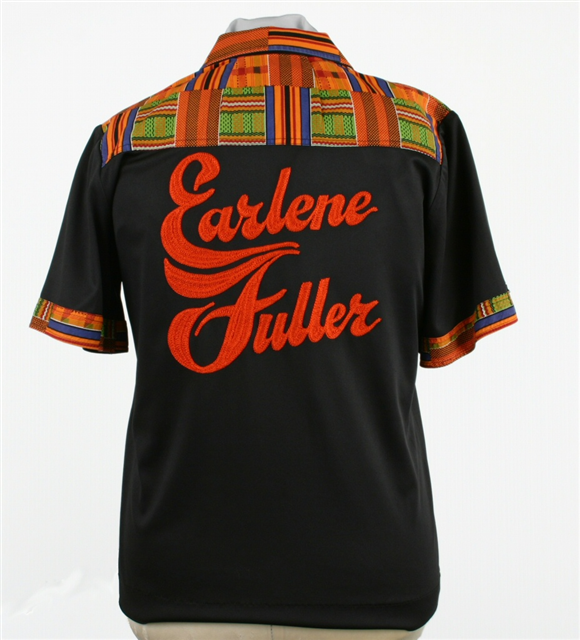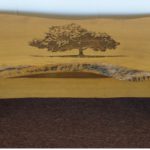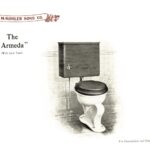
The sport of bowling has deep roots in the Midwest and Wisconsin, but it is not usually associated with African Americans. The sport evolved in German-speaking Europe and was transplanted to the United States by German immigrants in the mid-19th century. Bowling initially took root in heavily German cities like Milwaukee, but over the years many other ethnic groups, including African Americans, have enthusiastically taken to the fellowship, fun, and challenge of bowling. This shirt, which features an African kente cloth print, was designed, made and worn in the mid-1990s by Milwaukee’s Earlene Fuller, an African American bowler and seamstress.
Kente cloth, a distinctive textile woven by the Asante and Ewe peoples of Ghana, was originally worn by royalty on ceremonial occasions. In America, kente cloth has become a symbol of Pan-African identity and black pride.
This shirt is one of more than 40 matching shirts Fuller made to outfit a women’s doubles league sponsored by the Milwaukee Senate, a regional affiliate of the National Bowling Association. The National Bowling Association was founded in 1939 to promote African American participation in bowling during an era of segregation.
This story was edited and adapted from Dave Driscoll‘s original Curators’ Favorites article, December 2008.

SOURCES
Pauline McCollum and Earlene Fuller’s long-time friend, W.C. Coleman provided essential recollections, photographs, and newspaper clippings for this article.
Vonier, Dick. “How Mod Can They Get?,” “The Woman Bowler” (October 1972), reprinted from Insight magazine of the Milwaukee Journal.



